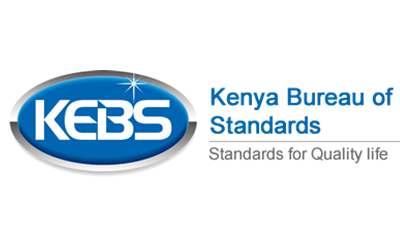Market Surveillance FAQ

Market Surveillance
FAQ
Market Surveillance is KEBS’s process of ensuring products in the Kenyan market meet approved standards and do not pose risks to health, safety, or the environment.
KEBS implements pre-market approval systems through QA&I directorate where manufacturers or importers’ products are tested and certified before they are allowed in the market.
You can report a non-compliant product by filling out the online complaint form on the KEBS website (insert link) or through the KEBS hotline (1545)
KEBS can issue warnings, recall products, impose fines, revoke permits, or even prosecute offenders based on the level of non-compliance.
Market Surveillance covers a wide range of products, including food, chemicals, electronics, textiles, civil, mechanical, and agricultural products. However, KEBS does not handle products with medical claims or pesticides.
Products are inspected year-round as part of KEBS’s annual surveillance, with certain target products tested based on complaints, national interest, and risk assessments.
Once a report is received, KEBS conducts a thorough investigation, including testing, inspections, and reviewing documentation. If the product is found to be non-compliant, appropriate actions are taken, which may include product recalls, fines, or legal proceedings.
KEBS certification is indicated by a standardization mark on the product or its packaging. Consumers can verify product certification through the KEBS app (download app link), sending the SM#number to 20023 or KEBS’s online database(link).
KEBS coordinates with manufacturers, importers, and retailers to recall non-compliant products.
KEBS works closely with other government agencies, such as the Kenya Revenue Authority (KRA) and Public Health, to ensure effective market surveillance and enforcement. Collaborative efforts include joint inspections, information sharing, and coordinated enforcement actions.
